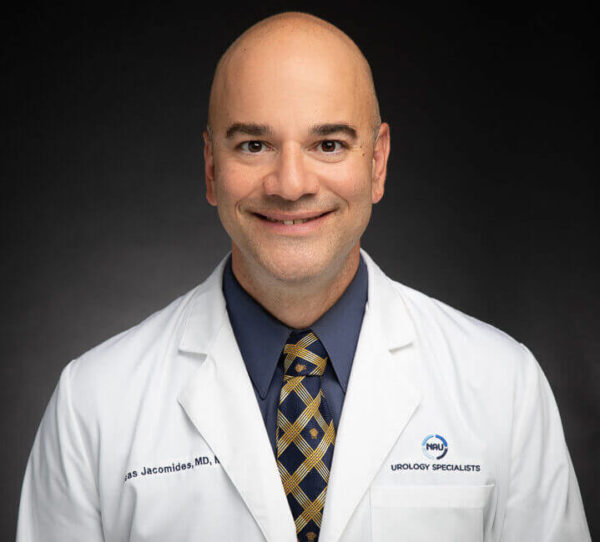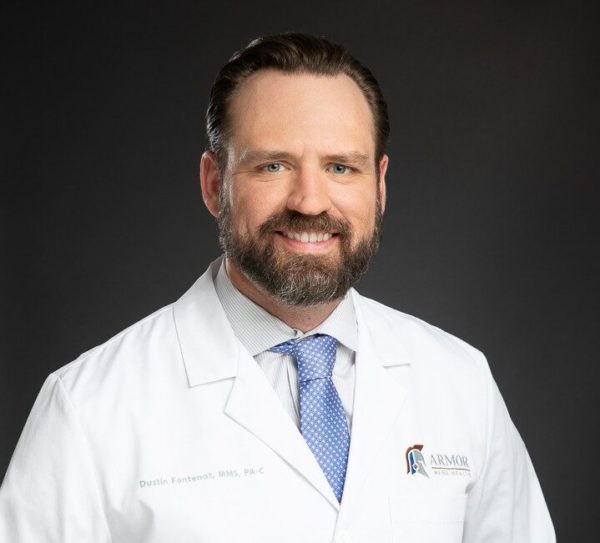
Prostate cancer
Did you know that the second most common type of cancer in men is prostate cancer? It’s also the second leading cause of cancer death in men in the U.S. Physicians diagnose about 200,000 new cases of cancer of the prostate each year. While most men do not die from a cancerous prostate, almost 30,000 men die every year from the disease.
What are the risk factors for developing cancer in the prostate gland?
According to the Centers for Disease Control and Prevention, about 13 men out of every 100 will get prostate cancer at some time during their life. There are certain things that increase the risk of men developing this disease.
- Being aged 50 and over
- Being African American or having African Caribbean ancestry
- Having a family history of the disease, including a father or brother who had cancer of the prostate
- Having BRCA1 or 2 genes or Lynch syndrome
Some research shows that eating a diet high in red meats and/or high-fat foods may increase your risk.
What are the signs and symptoms?
Usually, if you have early-stage cancer of the prostate, you won’t have any symptoms. If your cancer is more advanced, you might notice the following problems.
- Issues involving urination, including feeling the need to go often, especially at night, having difficulty urinating or feeling burning or pain while urinating
- Blood in semen or urine
- Difficulty getting an erection
- Loss of bowel or bladder control of bowels
- Numb, weak legs or feet
- Pain in your spine, ribs, hips or other areas of the body
If you notice any of these signs, you should see our Austin urologists.
What you need to know about screening and early detection
Screening for prostate cancer comes with some risks, so the American Cancer Society recommends that you talk with your physician about whether you need the prostate-specific antigen, or PSA, blood test, and also a digital rectal examination. Here are the recommendations for when discussions about screening should take place.
- If you are age 50 or older and have an average risk of developing cancer of the prostate
- If you are age 45 and have a high risk
- If you are age 40 and have a very high risk, including if you have a first-degree relative such as a father or brother who developed cancer of the prostate at a younger age
Our Austin urologists offer a variety of treatments for prostate cancer
Every man who has prostate cancer requires a personalized treatment plan. The caring physicians at Urology Specialists of Austin have the experience and training to decide on the appropriate treatment, whether watchful waiting, localized therapy like radiation, HIFU, cryotherapy or surgery. You can rely on our team to help you deal with a cancer diagnosis. Contact us for an appointment.












